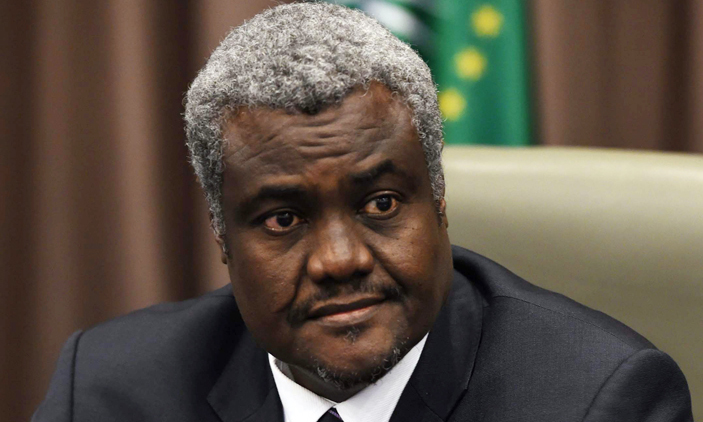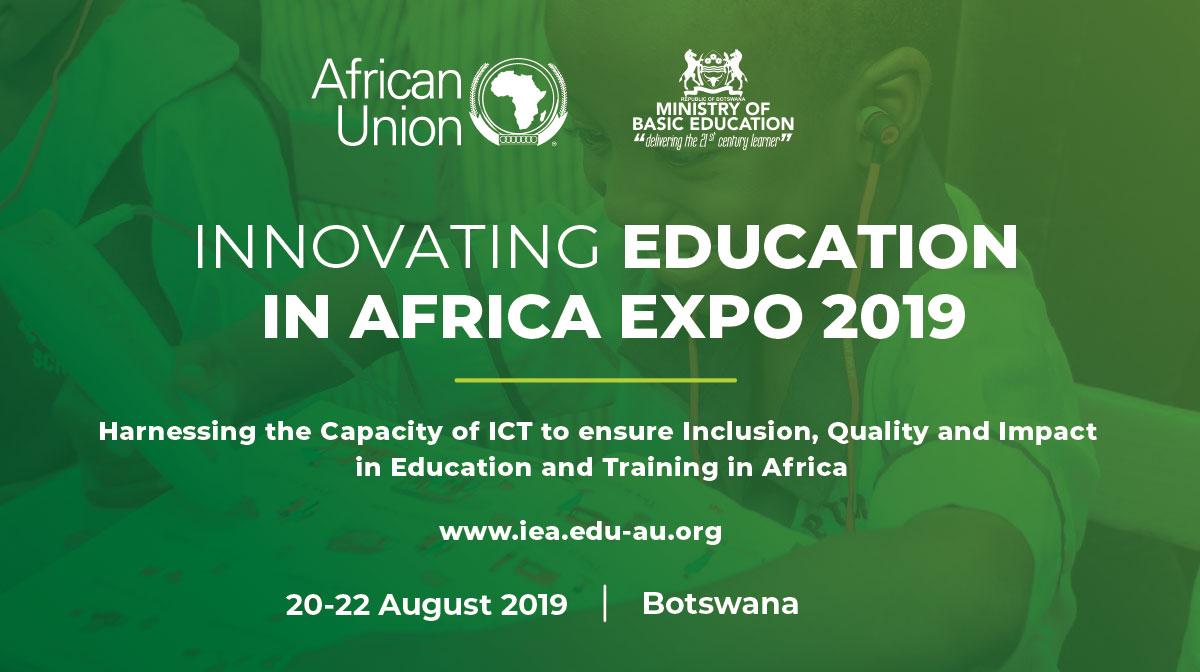UNESCO International Institute for Capacity Building in Africa (IICBA) has been working on peace-building in Africa with support from the Government of Japan since 2017. In 2018, a new project – “Youth Empowerment for Peace and Resilience Building and the Prevention of Violent Extremism in Sahel Countries through Teacher Development”- has been planned and is currently being implemented. As an important activity, a study tour to Japan is organized for high-level officials in the African Union, including H.E. Prof Sarah Anyang Agbor, Commissioner for Human Resources Science and Technology, and teacher educators from Algeria, Burkina Faso, Cameroon, Chad, Central African Republic, Ethiopia, Mali, Mauritania, Niger, Nigeria, Senegal and Sudan.
The Sahel countries have always been affected by natural disasters as well as on-going conflicts. Since April 2017, the situation has deteriorated rapidly. 2017 witnessed an unprecedented drought in many parts of Africa, but it was particularly severe in the Sahel region. This has adversely affected the economic situations in the countries and has increased the vulnerability of young people, the risk of being attacked by violent extremist groups and the occurrence of life threatening illegal migration to the north. If the situation is left as it is now, the resilience of these countries will deteriorate further and vulnerability will increase even more. The Sahel region has a young population, and investing in the education of young people is the most effective and sustainable way to increase the peace and stability in the region.
The study tour to Japan aims to contribute to developing young people with high productivity and a love for peace through capacity building of teachers and educators. In addition, it will provide training for integrating teacher training with regional reconstruction during adverse environmental conditions and disaster risk management. The study tour will also provide a forum for policy makers and educators in Japan to discuss the lessons learnt and challenges of African education systems and to share experiences of Japan in peacebuilding and international development. The forum will also facilitate educational and cultural exchange among policy makers, teacher trainers and educators from Japan and Africa and promote possible collaborations in the future.
During the 13-day study tour, participants will visit schools, institutions, museums, and historical sites in Tokyo and Hiroshima, and exchange challenges and solutions with government officials, educators and partners in Japan.
In Tokyo, participants will visit with members of Parliament who are familiar with Africa. They will also visit the Ministry of Education, Culture, Sports, Science and Technology (MEXT), the Ministry of Foreign Affairs (MOFA), the Japan International Cooperation Agency (JICA), Sophia University and Kiyose Junior High School. In Hiroshima, in addition to lectures and workshops at Hiroshima City University, participants will visit Hiroshima Prefectural Government Office, Hiroshima Peace Memorial Museum, Hiroshima Peace Institute, Center for the Study of International Cooperation in Education (CIEC) and Hiroshima Jogakuin Junior High School. On August 6, it is scheduled to attend the Peace Memorial Ceremony which will be held at the Peace
|
Memorial Park in Naka Ward, Hiroshima City.
|
For additional information about the study tour or the project:
Ms. Azmeraw Eyerusalem a.eyerusalem@unesco.org
Mr. Mame Omar Diop o.diop@unesco.org
For media relations:
Ms. Jingxin Bao j.bao@unesco.org
UNESCO-IICBA website: www.iicba.unesco.org





